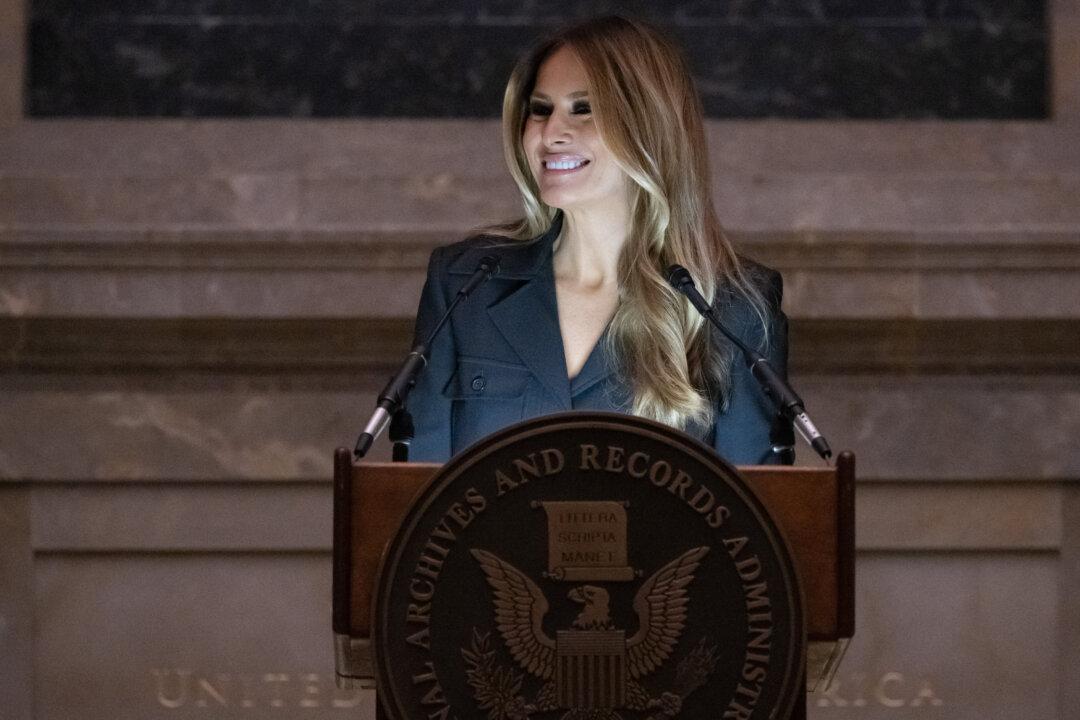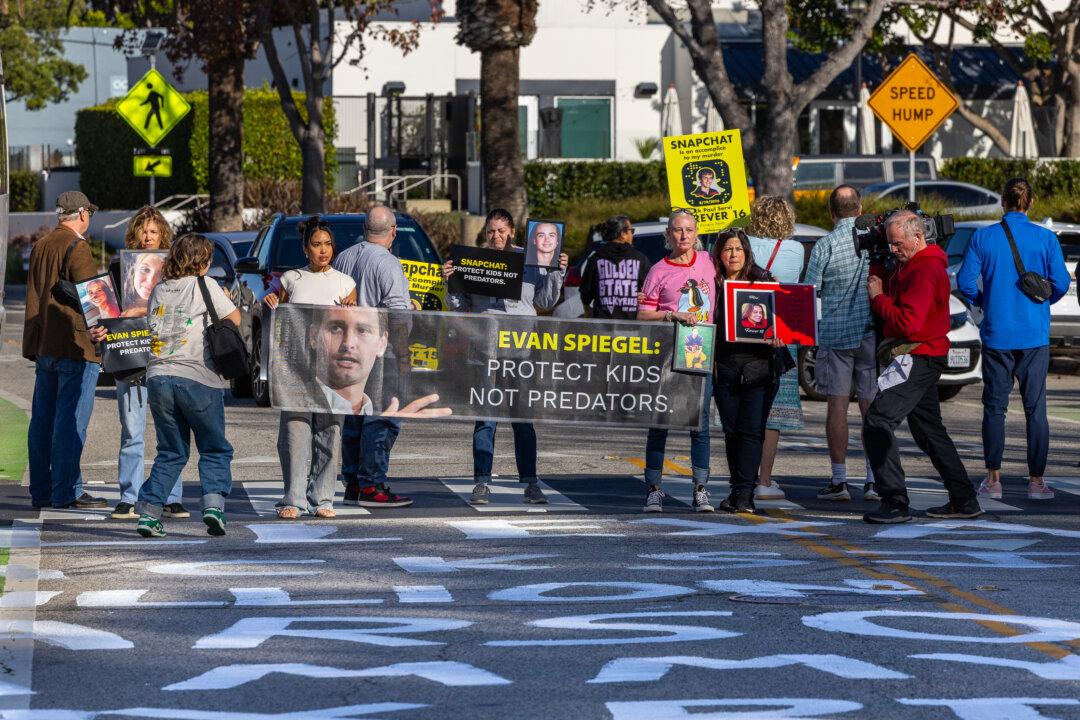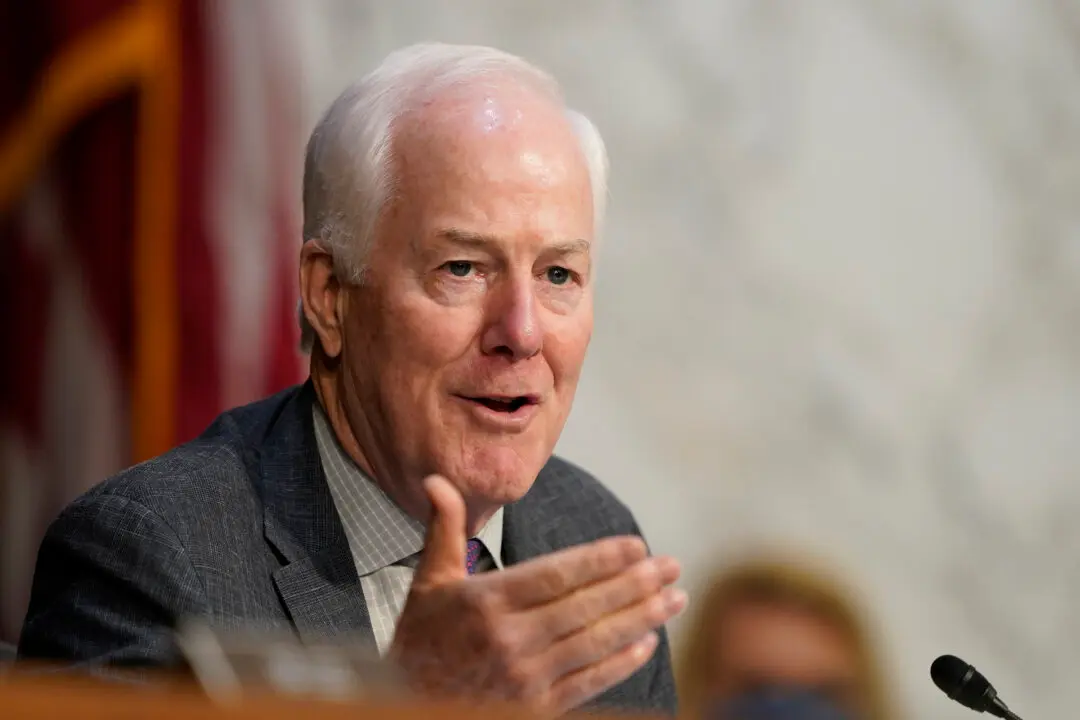Melania Trump, the former first lady of the United States, in a rare public appearance on Dec. 15, recounted her difficult path to U.S. citizenship as she welcomed 25 newly naturalized citizens.
“It is my privilege to share this great nation, America, with you,” the wife of former President Donald Trump said at the U.S. National Archives’ rotunda, “in the presence of the Declaration of Independence ... arguably one of the most important documents of all time.”





